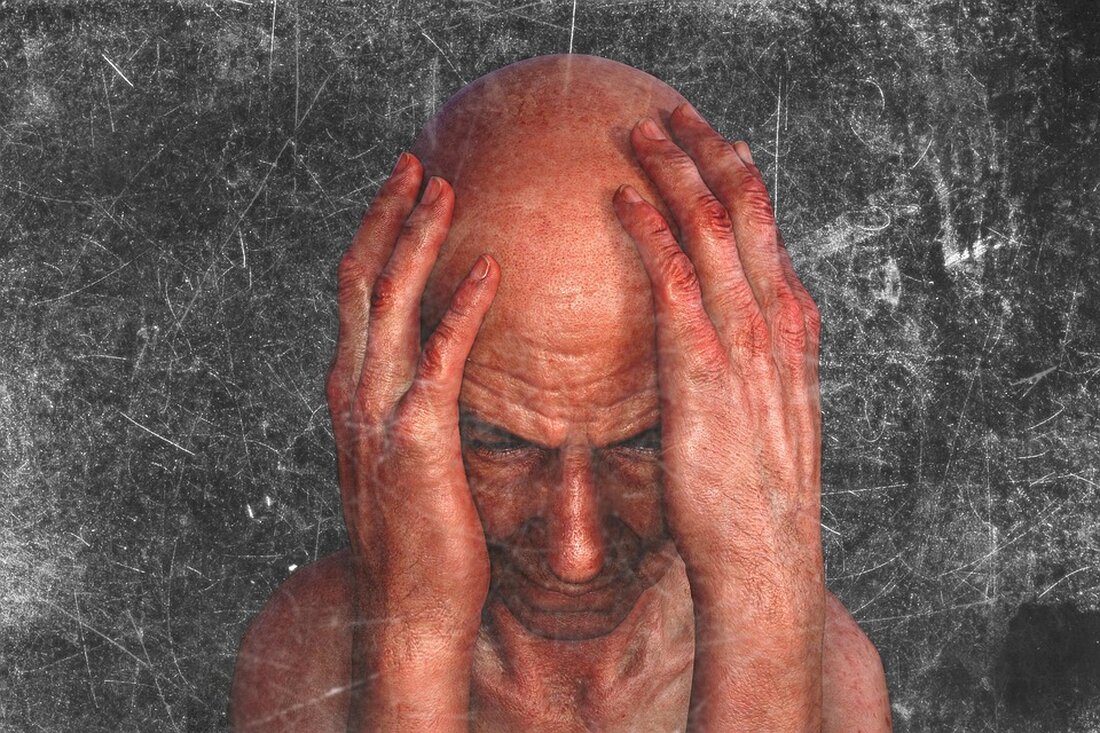Uncertainty in the digital age: Experts discuss dangers and solutions
Find out more about the current challenges in digital communication and their impact on democracy at the event in Abbazia.

Uncertainty in the digital age: Experts discuss dangers and solutions
On May 31, 2025, a highly regarded event took place in the Abbazia, at which well-known speakers such as Konrad Paul Liessmann and Barbara Zehnpfennig gave presentations. In his lecture, Liessmann discussed the concept of lies in philosophy and referred to thinkers such as Plato and Nietzsche. He also cited lawyer Mischa Senn's “presumption of inaccuracy” to shed light on the challenges of digital communication. Zehnpfennig, on the other hand, questioned the authorship of the Hippias Dialogue and targeted committed scientists who, in her opinion, represented biased perspectives.
In another discussion, journalist Christo Buschek talked about the difficulties of dealing with bias in data sets. He illustrated his topic with the example of the discovery of Uyghur prison camps in China through satellite analysis. His remarks show how important it is to deal with data critically, especially at a time when digital violence and misinformation are increasing.
Cyber threats and digital security
During the event, Walter Unger, the former digital security officer for the armed forces, warned urgently about the uncertainties that software and cyberattacks bring with them. Particularly worrying was the lack of attention to Western threats, an issue he considered to be urgently addressed. However, Unger did not give a clear answer to the question about paper backup systems for the armed forces.
In future discussions, neuroscientist Joachim Bauer will address the dangers that artificial intelligence and virtual worlds pose to humanity. Such topics are becoming increasingly important given current developments in technology and society.
Digital violence and its effects on democracy
Another key issue is digital violence, which is increasingly becoming a serious problem for democracy. A study conducted by Janina Steinert, Professor of Global Health at the Technical University of Munich, shows that almost every second politically active person who falls victim to digital violence adapts their communication habits. Those affected feel forced to change their content or visit social media platforms less often. What is particularly worrying is that almost one in four affected women have considered withdrawing completely from the public eye.
Politicians like Yvonne Magwas from the CDU warn that such persistent attacks are corroding democratic coexistence. Anna-Lena von Hodenberg, Managing Director of HateAid, emphasizes that quick action is necessary to protect politically active people. She also calls for contact points to be created within the parties for those affected in order to take this problem more seriously.
In order to meet these challenges, operators of social media platforms would have to be more closely bound to the requirements of the Digital Services Act (DSA). This stipulates that action must be taken against hate comments and misinformation. However, Mark Zuckerberg announced that Facebook and Instagram will be less regulated in the US, making it more difficult to prosecute hate comments. Similar tendencies can also be seen with Elon Musk and Platform X.
In the EU, Zuckerberg faces the DSA, which is difficult to enforce, while he hopes for support from the US president to ease pressure on the EU. Luisa Neubauer, a committed voice for environmental protection, emphasizes that threats will not limit her commitment. She sees every threat as an incentive to work for a fairer and more inclusive society.
The topics addressed shape the current discussion about digital security, communication and the challenges that our society has to overcome at the moment. At the same time, the author reflects on the deep-rooted connection between food and culture in Italy and offers recommendations for acting considerately during the pandemic, such as keeping vaccinations up to date and avoiding contact. [Falter] reports that this is of great importance not only for health but also for cultural identity.

 Suche
Suche
 Mein Konto
Mein Konto